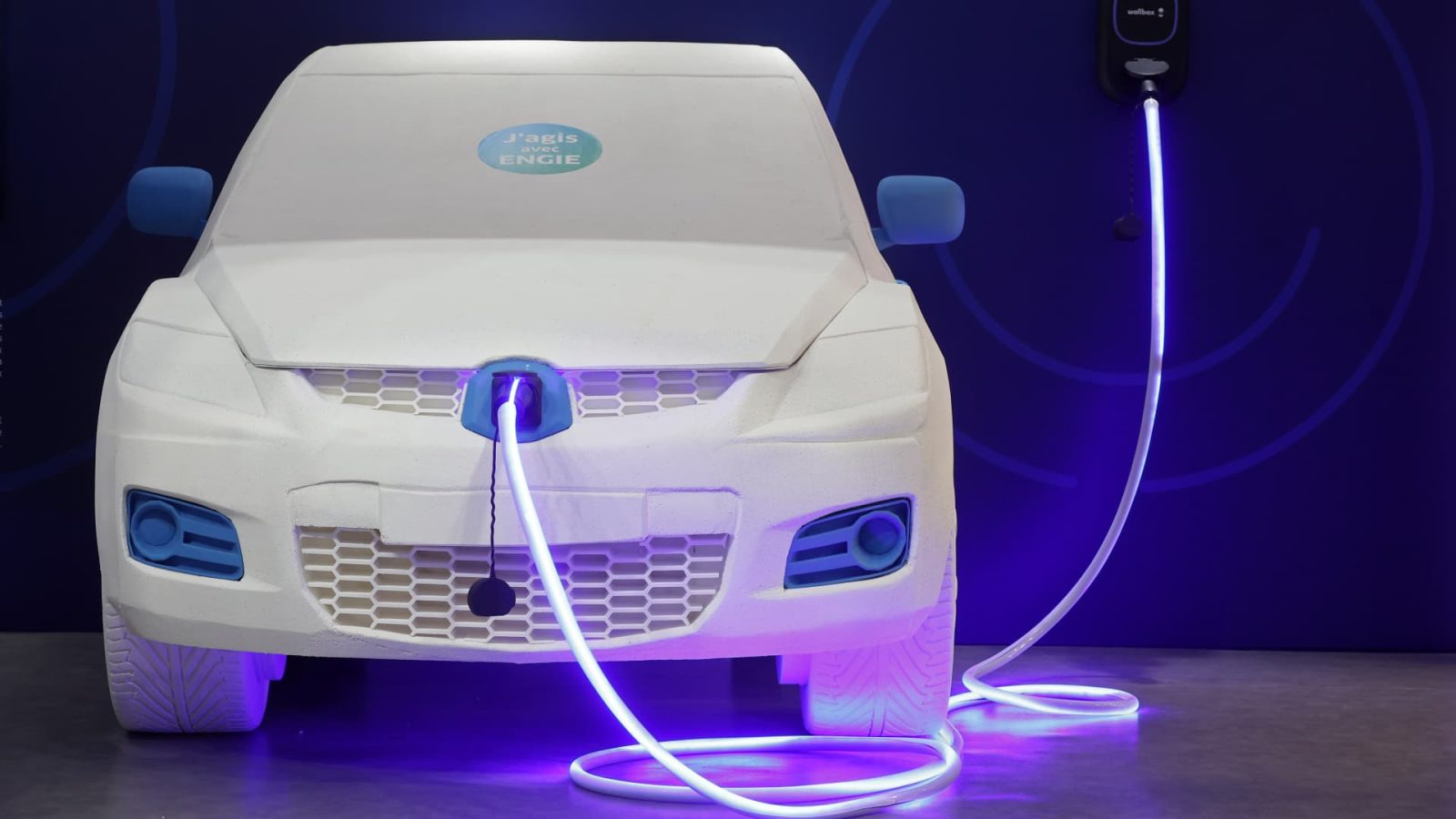PARIS, France — Several of Europe’s biggest carmakers unveiled low-cost electric vehicles (EVs) at the Paris Motor Show this week, seeking to jump-start a demand slump and recapture some of the market share now held by Chinese brands.
It is thought that the biennial industry showcase, which opened in Paris on Monday and runs through to Sunday, could prove to be a turning point for Europe’s auto industry.
“It feels like Europe is fighting back,” Julia Poliscanova, senior director for vehicles and e-mobility supply chains at the Transport & Environment campaign group, told CNBC at the Paris Motor Show.
“There are so many new models on show, and what is really great is that there are a lot of launches that are more affordable. So, Citroen, Peugeot [and] Renault, they are all showing some smaller affordable models,” Poliscanova said.
“This is exactly what we need for the mass market, for people to buy those vehicles more, and this is also where the competition from the Chinese is also the hardest,” she added.
European car giants have been contending with a perfect storm of challenges on the road to full electrification, including a lack of affordable models, a lower-than-anticipated rollout of charging infrastructure and a brewing trade war with China.
The pressure on European automakers is poised to ratchet up further next year, when emissions-reduction targets come into force, with some calling for urgent relief measures to avoid the prospect of hefty fines.
It is against this backdrop that car manufacturers, acutely aware of the need to boost EV sales, have sought to use the Paris Motor Show as a platform to launch an array of low-cost models.
French carmaker Renault, for instance, presented the Twingo E-Tech electric prototype to the public for the first time. It says prices for the all-electric car will start at less than 20,000 euros ($21,800) when it reaches the market in 2026.
Renault also unveiled its small electric SUV, the R4 and is already receiving orders for its electric R5 model. The group’s Dacia brand presented its Spring model, hailing it as one of the most affordable EVs on the market — also coming in at less than 20,000 euros.
Auto giant Stellantis, meanwhile, launched the new compact Citroen C4 and C4 X, describing the models as “perfect examples” of the automaker’s response to the challenges of the energy transition.
‘Affordable mobility’
“The storytelling is that people have cooled off on EVs and there is no consumer demand, [but] this is really not true,” Transport & Environment’s Poliscanova said.
“This year in Europe, we did not have affordable models, so people are not buying those overpriced premium vehicles. However, as soon as vehicles come in the right price range next year … people will flock to buy them.”
Poliscanova said the launch of several low-cost EVs means electric car sales could account for up to a 24% market share next year, up from 14% this year.
Chinese-made EVs typically cost less than half the prices seen in Europe and the U.S. last year, according to figures published by data firm JATO, underscoring the challenge for Western automakers to keep pace with Beijing.
The average retail price of a battery electric car in China came in at around 31,000 euros in the first half of 2023, JATO said. By comparison, the average retail price of a battery electric car over the same period was over 66,000 euros in Europe and 68,000 euros in the U.S.
“People are looking for affordable mobility,” Dacia CEO Denis Le Vot told CNBC’s Charlotte Reed at the Paris Motor Show on Monday.
“We are totally renewing the Spring at this precise moment … with a total new shape to the 2024 edition, new engine, 64 horsepower, new steering system, new electronic architecture — for less than 20,000 euros. Not that many full electric vehicles in Europe for less than that price,” he added.
“So, again even in the EV, Dacia plays a role of affordable mobility,” Le Vot said, noting that more than 150,000 Spring models have been sold in Europe.
‘Never a linear growth story’
Pere Brugal, president and managing director of GM Europe, said that the challenges facing Europe’s auto industry should be seen as a transitional phase — and not evidence of a crisis.
“The adoption of new technologies and new behaviors is never a linear growth story, but the end is full-electric [vehicles],” Brugal told CNBC at the Paris Motor Show.
Some of the industry’s challenges come down to the need to change learned behaviors, Brugal said, rather than to physical or technical roadblocks.
“Having more investment in public charging infrastructure will help but, in reality, there is already a great network of charging that allows for electric vehicle mobility in Europe right now,” he added.
Read the full article here












Leave a Reply